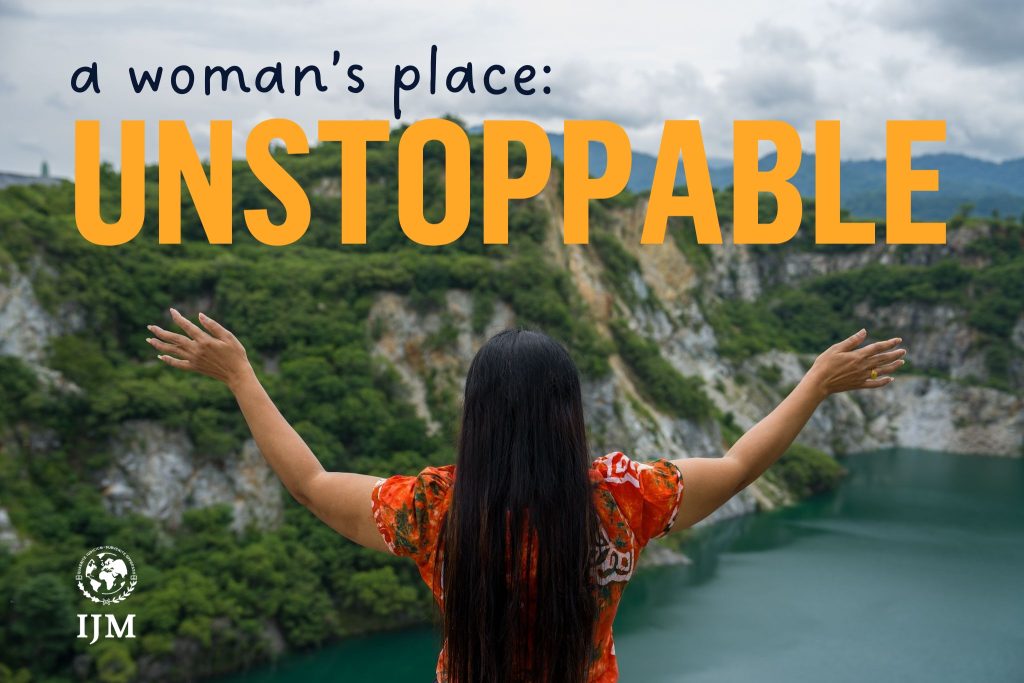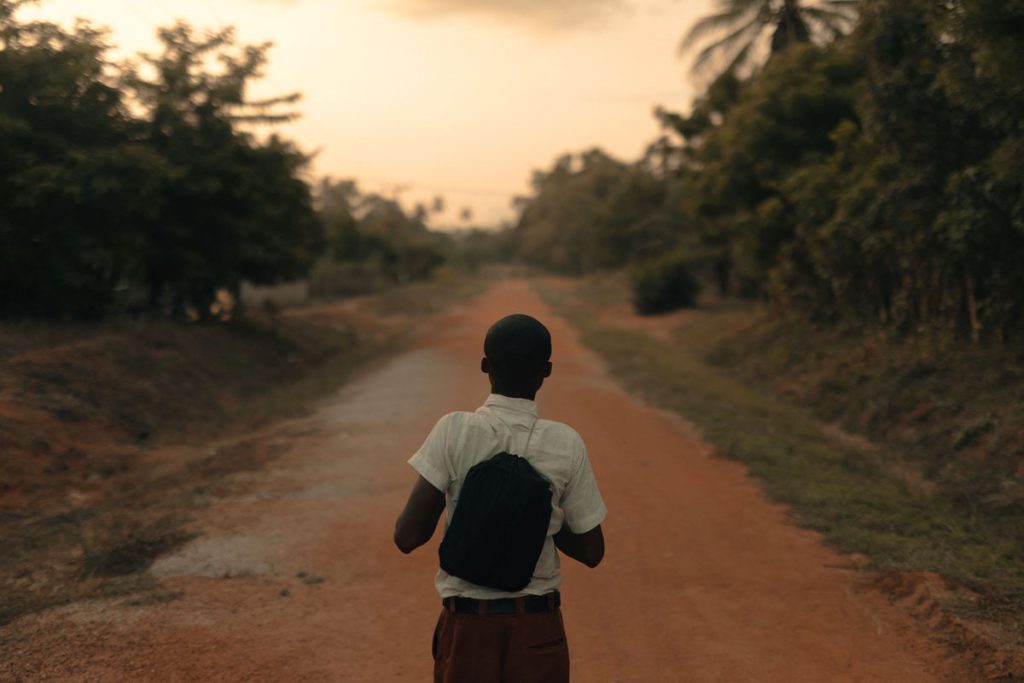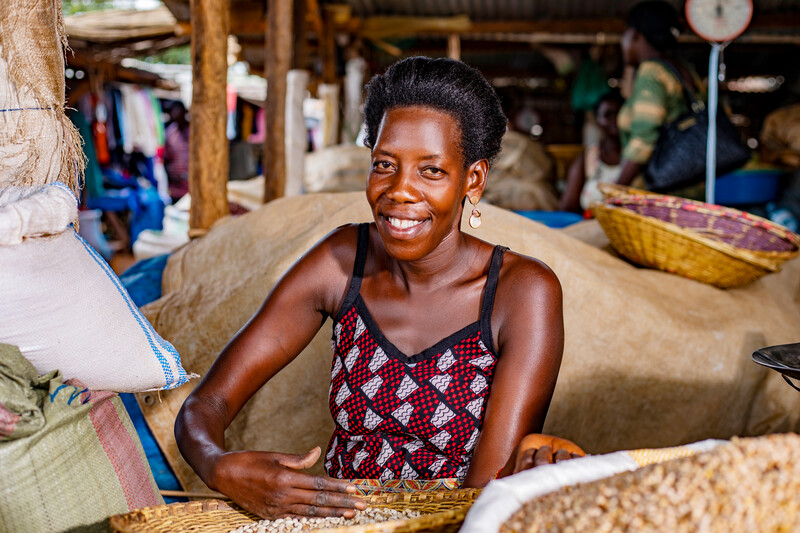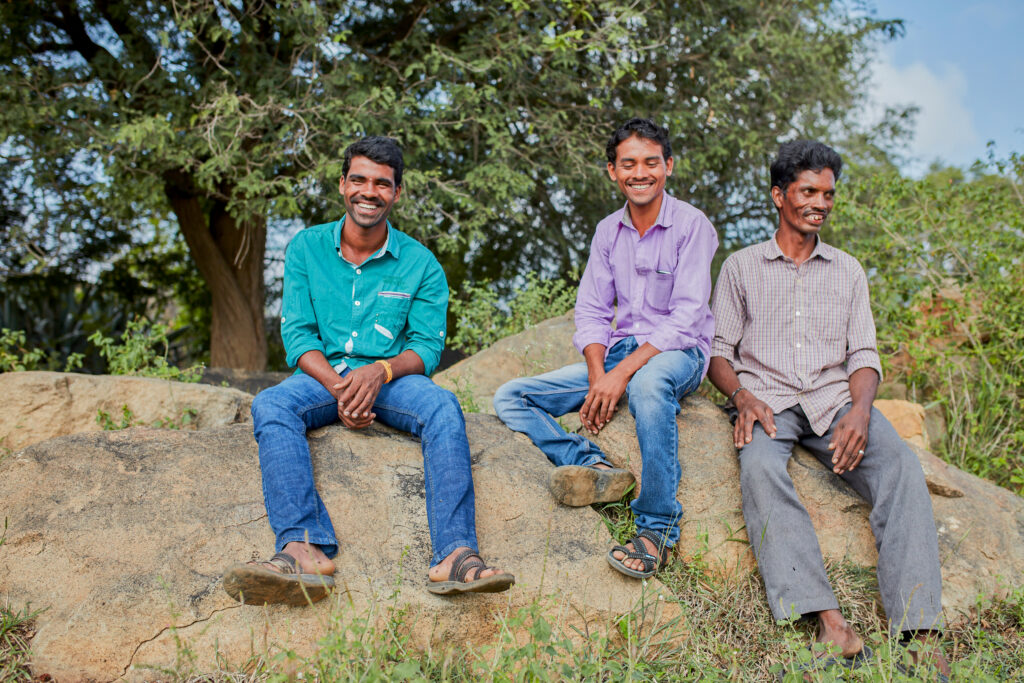
Madhesh was only 5 years old when he began working alongside his family at a rock quarry.
His parents and his uncle’s family had already been cutting stones for a few years after taking a loan of 5,000 rupees (AUD$94).
“When my brother and I started working with my parents, we had to cut the stones to the size they used between railway tracks,” he describes. As the years went by, the family not only had to cut the stones all day long, but also load shipping trucks.
Madhesh and his siblings had to do all the odd jobs around the house after cutting rocks from dawn to sundown, adding, “We were made to take care of the owner’s house like guards.”
He remembers long days of no food, no proper clothes and no place to live; all 11 of them had to live in one small shed.
“Physical violence was a frequent thing for us, as there were so many occasions when we were beaten with steel rods,” Madhesh describes. “But the physical torture was not as unbearable as the mental torture we experienced, wondering if dying inside the rock quarry was our destiny.”
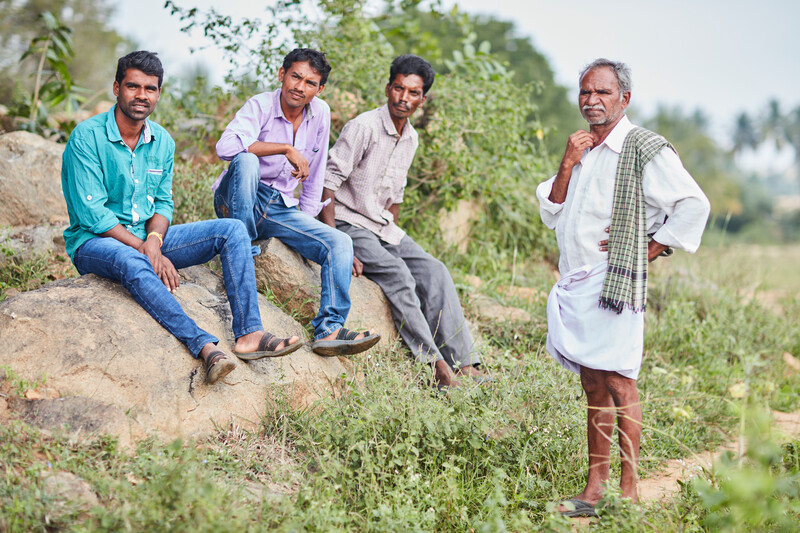
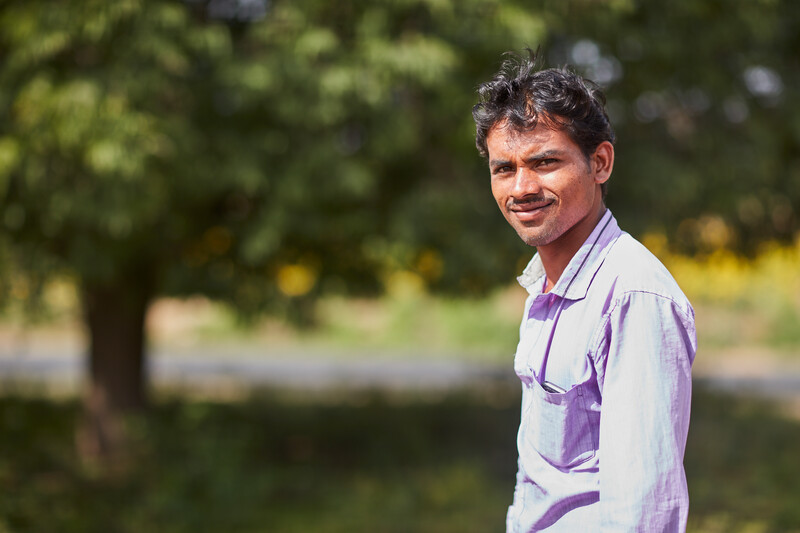
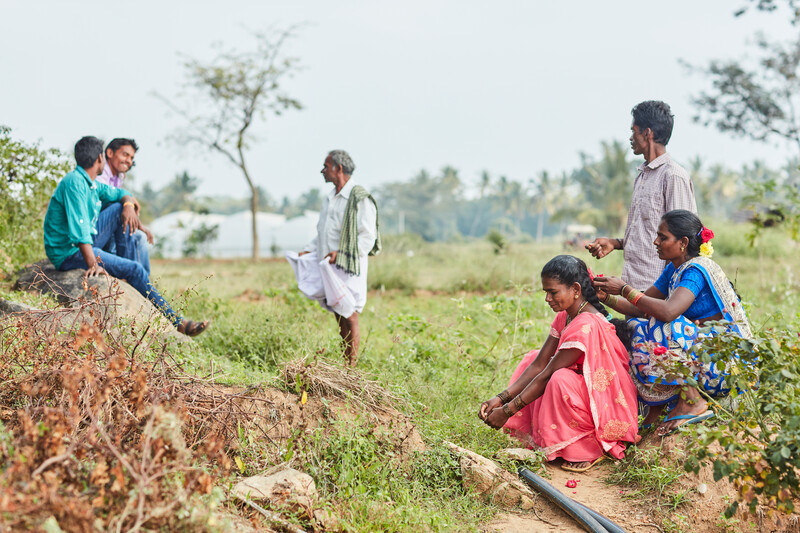
Many of these torturous incidents have left a lasting impression on his mind. Even after these types of physical beatings, Madhesh says they were required to come in to work.
Things began to change for Madhesh and his family when some relatives came looking for them at the rock quarry. He recalls, “When they got to know about the reality of our condition here at the quarry, they told us of an IJM field worker who would be able to help us.”
Over the following weeks, Madhesh recounted the details of their situation to the IJM field worker over secret phone calls and later in person. He describes, “He encouraged me to stay in touch with him and also offered to keep my phone recharged so we could talk as frequently as possible. He offered us the hope we desperately needed at that time.”
The morning of 15 December 2017 is etched in Madhesh’s memory: It was the dawn of what he calls his second life—the day he, his parents and three siblings were finally rescued after 24 years in the rock quarry. When officials from the District Administration, the police and a team from IJM came to the rock quarry, the laborers first reacted with fear and confusion. It was only when they were gently helped into the police vehicle that their fears subsided, and they began to trust they were free.
After the rescue, authorities conducted a detailed inquiry at the Police Station. Officials were moved by the laborers’ stories of injustice, violence and exploitation. The five young children recounted to officials how they were forced to work in the quarry and were not allowed to go to school. The Police Inspector took the lead in writing up a detailed First Information Report (FIR) covering violations of India’s laws related to bonded labour, child labour and human trafficking. The accused quarry owner was arrested that same day and taken into custody, where he remained for 110 days—a huge milestone.
District Administration officials also ensured the survivors were treated with dignity and respect and well-accommodated while evidence was gathered. Officials gave Release Certificates to all 11 of the rescued survivors, which broke their false debts to the owner and formally declared them as free.
Madhesh and his family also received the rehabilitation funds from the government (owed to all rescued bonded labourers) and have now built a small house in their village.
In freedom, Madhesh says simply, “The difference between my life since the rescue is the difference between hell and heaven. It is a new life. I had nothing before, but now I have a life. My sister and younger brother are able to study and we can all make our own decisions.”
Back at home, Madhesh’s family has been earning a dignified income as daily-wage laborers at different vegetable and flower farms around their village. The five children were enrolled in a boarding school where they have access to a good education and a life of freedom, back in regular society.
Today, works at a medical supplies company and has joined the local branch of the Released Bonded Laborers’ Assocation (RBLA, called Udayonmukha locally) so he can has contribute his voice to the anti-bonded labour movement in his community.

